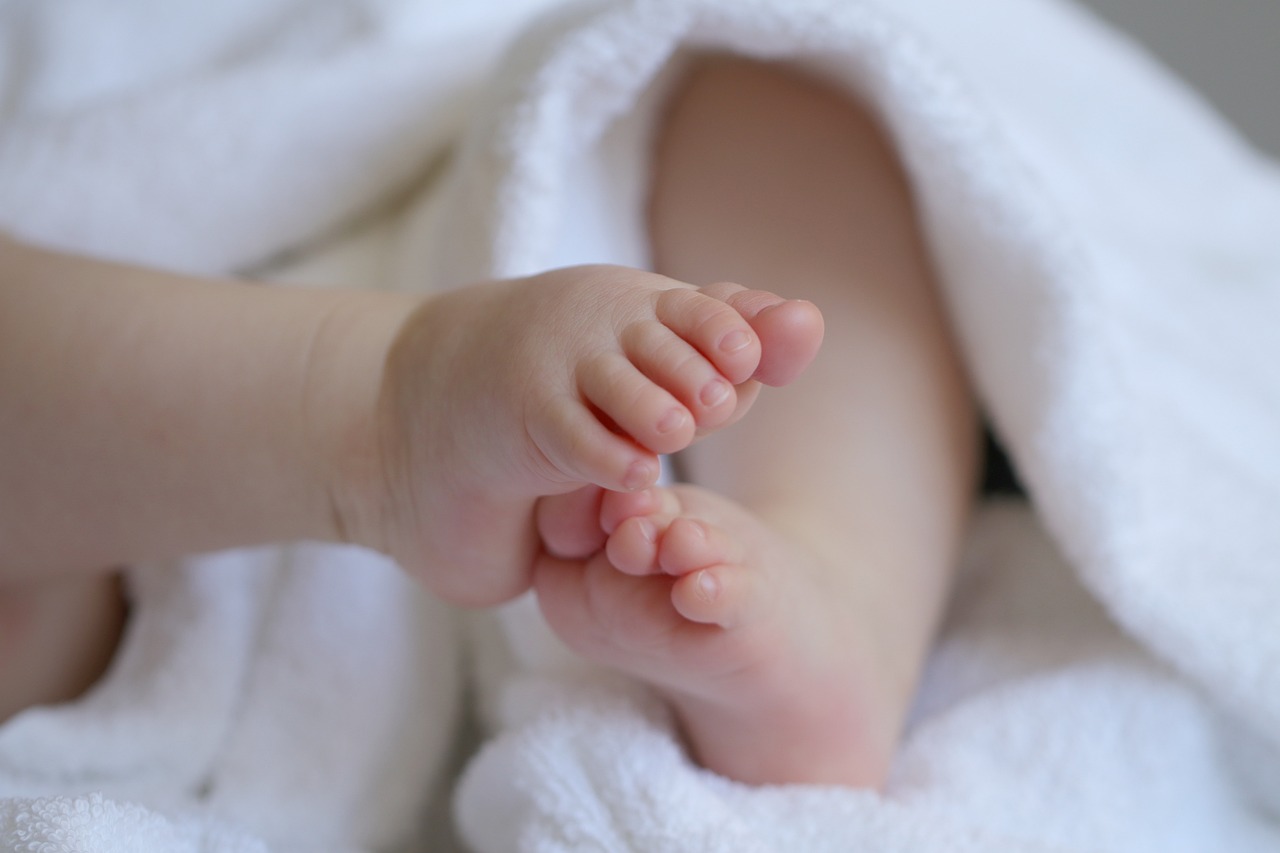In April 2021, 34-week pregnant Miranda Anderson was admitted to Pella Regional Health Center with high blood pressure, headaches, and edema. She was transferred to MercyOne's Obstetrics Emergency Unit due to concerns about preeclampsia. After monitoring and testing, Anderson was discharged.
The baby's heartbeat was not detected at a later checkup, and at 35 weeks, Miranda delivered Eloise's body via cesarean section.
A malpractice lawsuit is now in the works against the hospital and its owner for not recommending an early delivery while the baby was still alive. Catholic Health Initiatives (CHI), however, is arguing that the baby was not a person, thus cannot be included when considering damage awards.
Dr. Alex McFarland says that would set a bad precedent.

"It's very dangerous when, for legal or assumed pragmatic reasons, that one would compromise the consistently applied definition of what a human being or a person is," he comments.
CHI's 2018 ethics guidelines state that it is committed to respecting "the sacredness of every human life from the moment of conception until death."
But the hospital hopes its argument in this case limits damages to $250,000.
McFarland submits that truth cannot be compromised for legal or financial expediency.
"There's no part of life where a person is not a human being," he asserts. "Life is sacred in all contexts. Humans are persons from the moment of conception and in every context of life."
He says the Catholic Church has been a staunch and dependable ally in the pro-life cause, more consistently dependable than even Protestants or evangelicals. But the pope has sent mixed messages on other moral issues lately.
McFarland hopes that is not a trend that extends to the Church's stance for life from conception to natural death.
A hearing in the Andersons' case is scheduled for later this month. The full trial is set for May 12.














